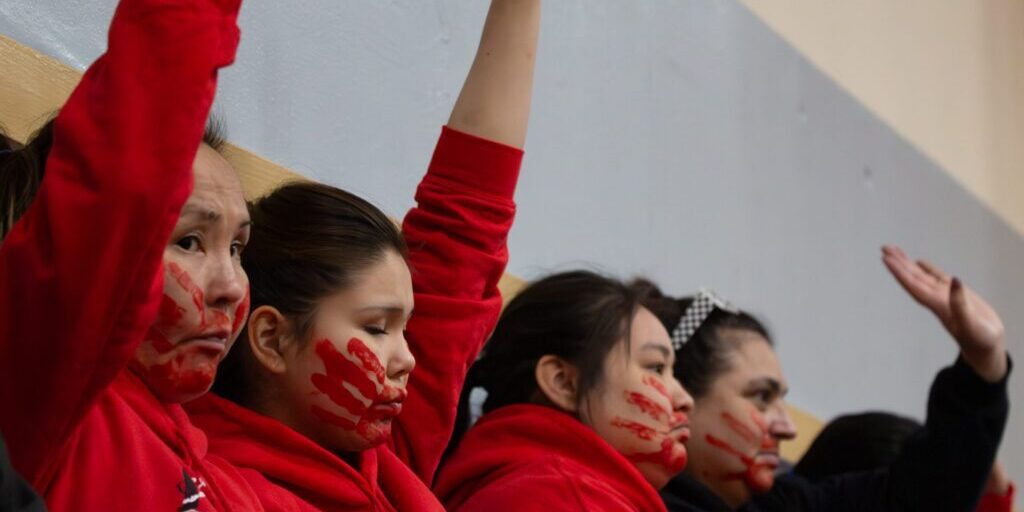New policies aimed at addressing Missing or Murdered Indigenous Persons (MMIP) will soon be enacted statewide, after Governor Mike Dunleavy signed the legislation into law on Tuesday, September 3.
Senate Bill 151 establishes a new MMIP Review Commission, a nine-member body responsible for reviewing unsolved MMIP cases and submitting reports to the Alaska Legislature. The commission includes seats for representatives from victim advocacy and Alaska Native tribal organizations.
Deilah Johnson, an advocate and organizer with the Village of Solomon, said the creation of the commission is a much-needed step toward addressing the crisis.
“At the state level, there was just not a lot of discussion or acknowledgment in addressing any of the overwhelming statistics surrounding the issues facing indigenous populations, specifically women and young girls,” Johnson said.

The bill also mandates indigenous cultural training for new police officers in Alaska. The training will be especially impactful in rural communities like Nome, where the police department recruits officers that only live in the community while serving two week rotations.
Johnson believes the cultural training will help officers deepen their understanding of the people they serve.
“They're on and off without any real sensitive training to the people that they are protecting, understanding, and needing to work into the different culture and lifestyles of the people,” Johnson said.
The bill also requires the Department of Public Safety (DPS) to file a missing persons report to the National Missing and Unidentified Persons System within 60 days of a report being filed at the local level. The DPS will also employ at least two full-time MMIP investigators.
While Johnson acknowledges the bill is a step in the right direction, she hopes that the momentum won’t stop here.
"I really would hope that this is going to continue to generate the awareness surrounding these issues, keep the conversation going, and allow for additional partners to jump in and build additional resources,” Johnson said.
The Village of Solomon is taking its own steps to address the MMIP crisis. Johnson shared that the community is using Department of Justice funding to establish a local task force focused on justice and victim advocacy. The task force will provide stipends to members of a local response team dedicated to bridging gaps between the community and law enforcement.
“What we’re hoping to do is to have a local response team to help create safe spaces for people that need that. We want to build our relationship with local law enforcement agencies,” Johnson said.
As indigenous communities reel from the impacts of past injustices, Johnson is optimistic that the grassroots work that has been put in over the years is finally starting to pay off.
“I see so much potential for growth and healing in our communities,” she said.
The new law will take effect on January 1, 2025.




